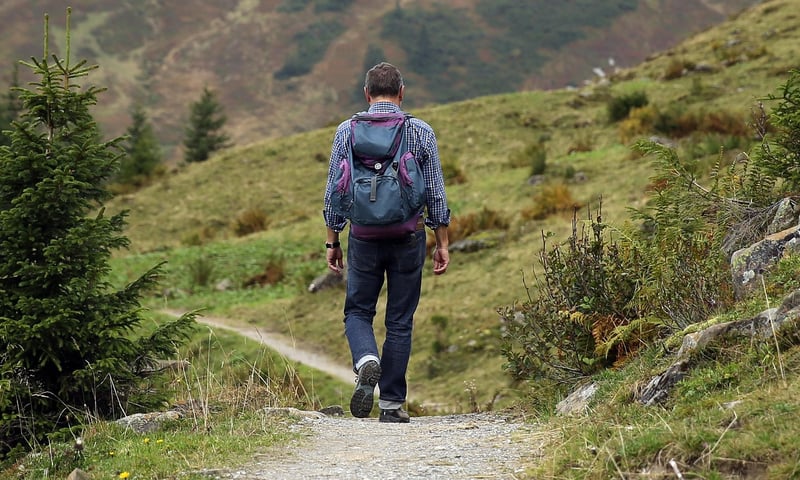Environmental Conservation
Travel Responsibly: A Guide to Environmental Conservation
Traveling is a wonderful way to explore the world and create unforgettable memories. However, with the increasing impact of tourism on the environment, it's essential to adopt responsible travel practices to protect our planet for future generations. Here are some tips on how you can travel responsibly and contribute to environmental conservation:
1. Choose Sustainable Accommodation
Opt for eco-friendly hotels, lodges, or guesthouses that implement green practices such as recycling, using renewable energy sources, and reducing water consumption. Look for certifications like Green Key or EarthCheck to ensure your accommodation meets environmental standards.
2. Support Local Communities
Engage with local communities by buying locally-made souvenirs, dining at family-owned restaurants, and participating in cultural experiences. Your support can help preserve traditional crafts and customs while benefiting the local economy.
3. Reduce Plastic Waste
Carry a reusable water bottle, shopping bag, and utensils to minimize single-use plastic consumption. Refuse plastic straws and opt for eco-friendly alternatives. Participate in beach clean-ups or trash collection initiatives during your travels.
4. Respect Wildlife
Avoid activities that exploit animals for entertainment, such as riding elephants or posing with drugged tigers. Choose responsible wildlife sanctuaries and conservation projects that prioritize animal welfare and conservation efforts.
5. Minimize Carbon Footprint
Offset your carbon emissions by supporting carbon offset projects or choosing eco-friendly transportation options like trains or buses. Walk or cycle whenever possible to explore destinations sustainably and reduce your impact on the environment.
6. Educate Yourself and Others
Learn about the environmental and cultural significance of the places you visit. Share your knowledge with fellow travelers and encourage them to adopt sustainable practices. Engage in discussions about responsible tourism and conservation efforts.
Conclusion
By incorporating these practices into your travel routine, you can make a positive impact on the environment and contribute to the conservation of natural resources and wildlife. Remember, responsible travel is not only about exploring new destinations but also about preserving them for future generations to enjoy.
Travel responsibly and leave behind memories, not footprints!

For more information on responsible travel and environmental conservation, visit National Geographic's Responsible Travel Guide.
